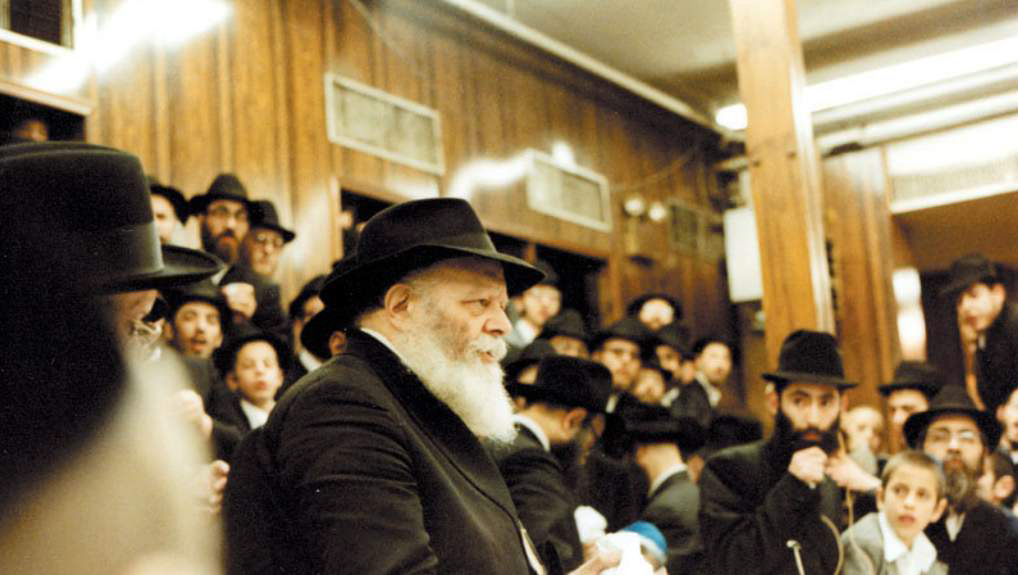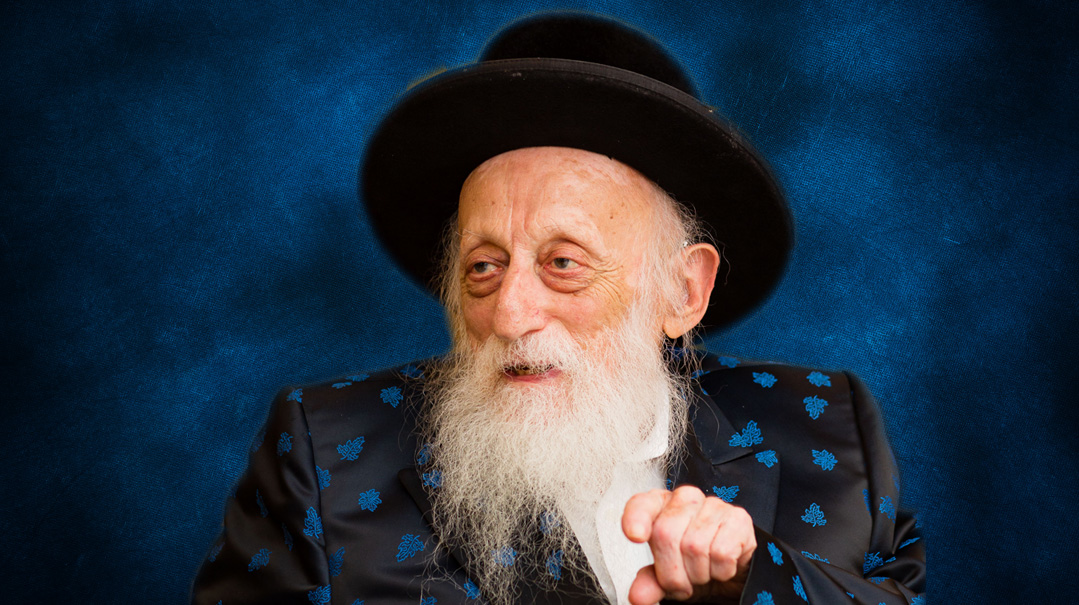Always Close to Home


Winter break beckons, and many a frozen Yid’s thoughts turn to destinations with balmier climes and more exotic scenery than his own slushy, snow-encrusted streets. For a frum Jew, however, travel to an exotic location, whether for vacation or for business, often means leaving the amenities of his own kosher community.
Many tourist locations double as business centers and have a sprinkling of Jews tucked away among the natives, in addition to those who come on vacation. But even the less-observant need a Jewish connection from time to time: a place to pray, a place to find others who share their background and understand their jokes, someone to help in a crisis. Who provides all this, in addition to perhaps creating a little spark among the natives?
Mishpacha found a handful of rabbis and lay-leaders who, as Hillel advised, strive to be a man in a place where there are no — or few — Jewish men or women. How does one build a community in a Torah desert? How does one service the needs of those passing through, perhaps even light a spark for those far removed from Judaism?
Something from Nothing in Mauritius
Exotic destinations are typically at a remove from centers of Torah life — to say the least. The first task for any frum Jew entering a midbar is to reinforce whatever infrastructure is there, or create it from scratch.
Rabbi Laima Barber, a Lubavitcher chassid, knew he wanted to go on shlichus but was aware that his native South Africa was saturated. “Someone suggested Mauritius,” he relates. It’s a scenic, multiethnic, and tiny island in the Indian Ocean, about 700 miles east of Madagascar. “The first time I went, it was so hard, I returned home. A few years later, I was ready to give it a proper crack.”
What he found when he arrived three years ago was an ad hoc community with a database of not more than 30 names (the island population is 1.4 million). The local Jews used to get together once or twice a year for the Yamim Noraim. “I knew there had to be more,” Rabbi Barber says. Today, three years later, his list has increased to 150. Surprisingly, Mauritius had a well-kept cemetery, and even a lovely museum commemorating the Jews who fled there during World War II, when it was a British colony.
But there was no minyan, school, or mikveh. Kosher meat has to be shipped in from South Africa, about three hours away by plane, while chalav Yisrael milk and dairy products are imported from France for about eight times the price. The Barbers have since got a minyan and school off the ground.
On a Budget in the Cayman Islands
Rabbi Berel Pewzner and his wife, Rikal, arrived in the Cayman Islands, a tiny island group in the Caribbean, not far from Cuba, five years ago. “Most people associate the Caymans with a famous novel in which the villains shelter money here,” Rikal says. “But basically it’s just a tax-neutral zone, which makes it a center of finance like Singapore. We have people here from South America, Israel, Australia, California, South Africa — most are transient. The banks, hedge funds, and other international businesses need managers, and that brings Jews here.”
They speak via video call from their home/Chabad house, which houses an aron kodesh covered by a paroches with an appliqué of a palm tree (Rikal’s design). But mostly the couple chats outside in the yard, a white picket fence behind them and leafy foliage above; from time to time, the crowing of a wild rooster can be heard.
When they arrived, Berel could only muster a minyan 10–20 times a year. Now, as the community has grown, he usually has one in the mornings. “The tourists help,” he admits. When the tourist hotels host kosher groups, meals are shipped from Miami, about one hour away. Last year, there was a pop-up kosher restaurant during yeshivah-break week. The Pewzners order kosher provisions for themselves and other interested families from Miami, shipped by boat. “Since everything is shipped in, and we pay duty on it, the cost of living is ridiculous,” Rikal says. “You can pay five dollars for an avocado, eight for a pepper.”
Because of these straitened circumstances, the Pewzners have had to prioritize their growth, starting with the shul and a school, while projects like a mikveh and eiruv have been put on hold until funds are available. “We have 30–40 students in our school, but many of the parents can’t pay even half the tuition,” Rikal says. “Most of the Jews working here are middle management, so they aren’t rolling in money.” Her school is located in a new Jewish Community Center in the center of the Seven Mile Beach area, which makes it easy to look for tourists disembarking from cruise ships.
(Excerpted from Mishpacha, Issue 745)
Oops! We could not locate your form.












